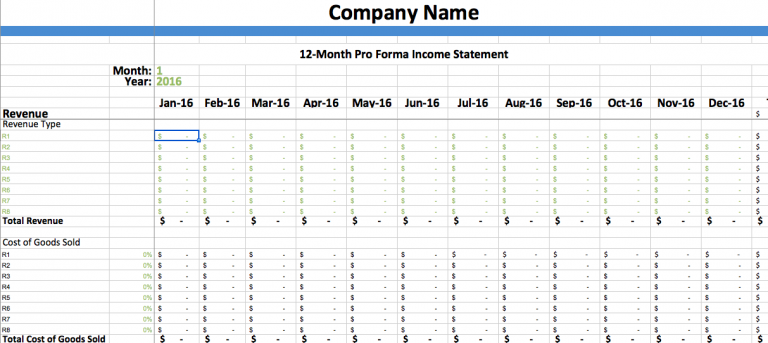Is Starting a Business Worth It? 5 Questions to Ask Before You Take the Leap
If you’ve ever asked yourself, “Is starting a business worth it?”—you’re not alone. It’s a question I’ve heard time and again from smart, capable people who are working full time, juggling responsibilities, and dreaming of a different kind of freedom. As someone who’s been on both sides—employee and entrepreneur—I’ve learned that the answer isn’t one-size-fits-all. It depends on your goals, your mindset, and what you’re hoping to build.
Let’s dig into the key factors that will help you decide if starting a business is worth it for you.
1. What Does “Worth It” Mean to You?
Before you can answer is starting a business worth it, you need to define what “worth it” even looks like. Is it financial freedom? More control over your time? Creative fulfillment? Some people want to replace a toxic job, while others want to leave a legacy or pursue a passion.
For me, “worth it” meant financial freedom and self-determination. I wanted the ability to design a life on my terms—not one dictated by office hours or someone else’s priorities. But I also knew that in order to create the type of life I envisioned, I needed a business that could run autonomously without me. That clarity helped me make strategic decisions, even when I was overwhelmed or unsure. I wasn’t just building a business—I was building a path to long-term independence.
2. Are You Hoping to Work Less or Work Differently?
A hard truth: starting a business doesn’t automatically mean working fewer hours—at least not right away. But it can mean working on your terms. When I first launched Backbone America, I worked late nights and weekends while still employed full-time. But I knew I wasn’t just trading time for money—I was building a business engine that could run without me.
Automation helped me get there. Today, I use tools to deliver digital products, manage leads, and follow up with prospects—all while I sleep. For those asking is starting a business worth it, automation is one of the reasons I say yes—with the right systems, it absolutely can be.
3. Do You Want to Be the One in Charge?

Owning a business means you’re ultimately responsible for the outcomes—good or bad. But that doesn’t mean you have to do everything alone. If strategic decision-making or leadership isn’t your strength, you can still succeed by surrounding yourself with the right support—whether that’s a co-leader, a virtual COO, or systems that make decisions easier. You don’t have to wear every hat—CEO, technician, marketer, customer support. You just have to make sure the hats are worn by someone or something you trust.
Many of my clients are working professionals who don’t want to be the face of the business. They just want it to run. That’s why I focus on helping them build expandable, self-sustaining businesses that don’t require constant micromanagement. The real shift comes when you embrace automation and delegation. That’s how you start designing a business that supports your life—not one that consumes it.
Whether you lead from the front, behind the scenes, or step aside entirely, you are still the one ultimately responsible for your business’s direction and results. Leadership doesn’t have to be loud or visible—but it does have to be intentional.
When I started Backbone America, I knew I didn’t want to be trapped in a business that couldn’t function without me. So I built it differently—from day one. I systematized, automated, and documented everything. Now, I help other entrepreneurs do the same—because real freedom starts with structure.
4. Are You Willing to Learn (or Unlearn)?
Starting a business will stretch you—technically, emotionally, even socially. You’ll need to learn things you’ve never done before and unlearn some of the habits that make you a great employee but a hesitant entrepreneur.
When I started Backbone America, I had to stop thinking like a service provider and start thinking like a strategist. I went from doing everything myself to documenting processes so I could eventually hand them off. If you’re asking is starting a business worth it, be prepared to evolve.
5. Do You Know How You’ll Get Help?

Whether it’s mentorship, automation, outsourcing, or community—you will need support. I learned this the hard way in my early days. Just because you can do something yourself doesn’t mean you should. That’s why I teach systems that are not only efficient but replicable. If your business depends 100% on your daily effort, it’s not scalable.
At Backbone America, we offer tools like the 31-Day Business Startup Challenge to help new founders gain clarity and momentum fast. We also provide done-for-you automation services so first-time entrepreneurs can focus on what they do best.
So… Is Starting a Business Worth It?
Here’s the truth: it’s not worth it for everyone—but it might be worth it for you. Especially if:
You want financial and time freedom.
You’re open to learning, building, and evolving.
You’re willing to invest upfront effort for long-term gain.
You value systems, strategy, and support.
For me? Yes—starting a business was absolutely worth it. It gave me purpose beyond the paycheck and control over how I spend my time. And now I use that experience to help others launch with clarity, confidence, and a plan.
💡 Ready to Find Out If It’s Right for You?
Take my free Business Launch Assessment to see if now is your time—and get a personalized action plan to start smart: 👉 Start the Assessment
Or jump right in with the proven system I created: 🎯 31-Day Business Startup Challenge – Get Started Now »






